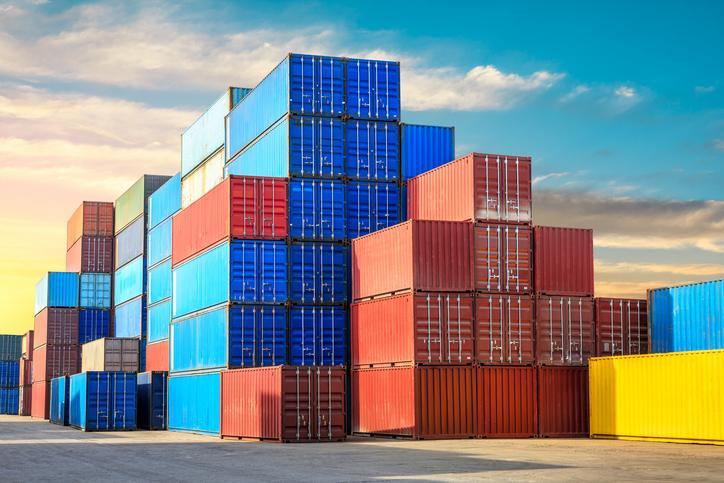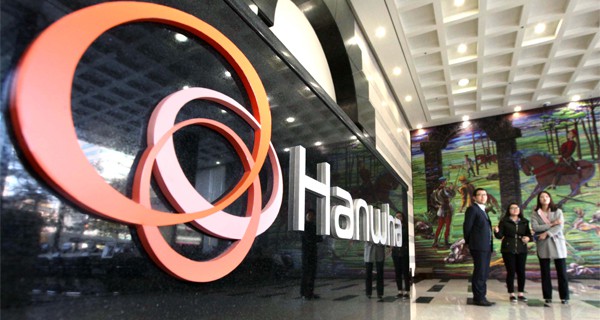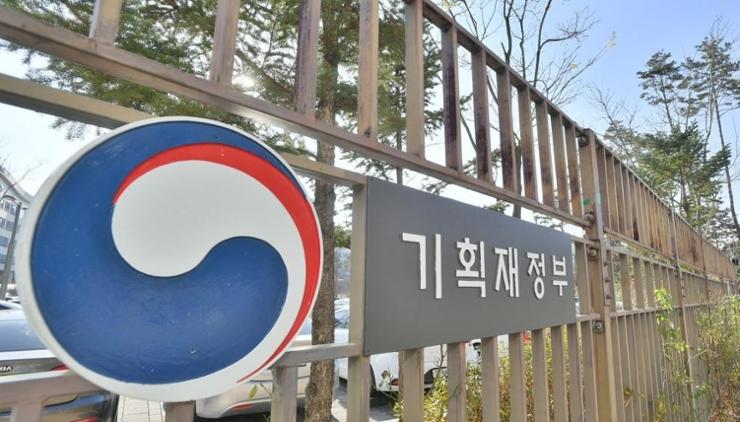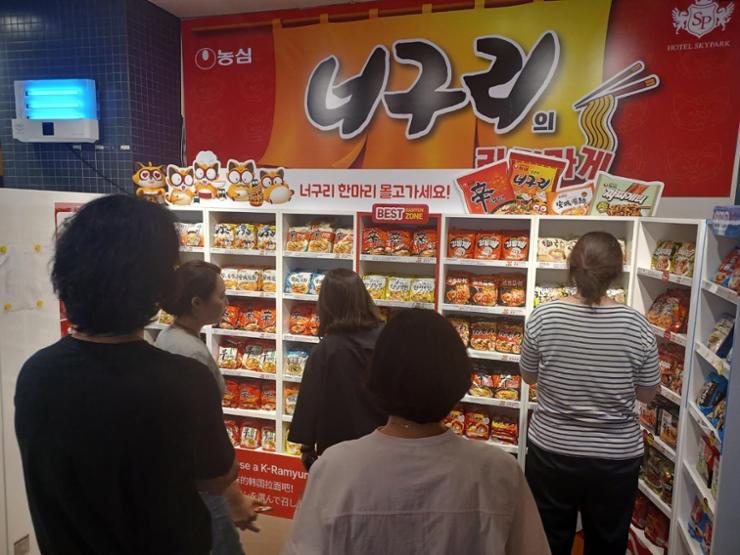Chinese e-commerce giants AliExpress and Temu signed a product safety agreement with Korea’s Fair Trade Commission on Monday in the hopes of ensuring and protecting Korean consumers from harmful products being distributed and sold here through their platforms.

The agreement marks the first of its kind signed by an overseas online platform operator in Korea regarding product safety. Particularly, Temu’s involvement is noteworthy as this is the first time the company signed such an agreement with a foreign country.
AliExpress Korea’s CEO Ray Zhang and Qin Sun, head of Whaleco Korea LLC, Temu’s Korean branch, were present during a signing ceremony held with the FTC Chair Han Ki-jeong at the Consumers Union of Korea’s headquarters in Seoul.
“Securing consumer safety is now globally recognized as a crucial value for companies to prioritize in achieving sustainable management,” said Han. “We expect today’s agreement ceremony to play a significant role in protecting consumer safety in overall online distribution transactions, along with previously signed agreements with domestic open markets.”
The agreement mirrors a series of voluntary agreements signed with seven domestic open market operators so far, such as Naver, 11th Street and Coupang in 2021 and 2023, as well as four domestic secondhand items trading platform operators in 2023.
Under the voluntary agreement, AliExpress and Temu platform operators will responsibly block the distribution and sale of hazardous products based on self-monitoring and information provided by the Korean government, which will be gathered through product recall information from consumers as well as regular safety inspections. The information will be provided to the two platform operators mainly via the FTC’s consumer online support portal, Consumer 24.
Furthermore, the FTC plans to conduct intensive examinations of relevant ministries and consumer organizations following the signing of the agreement to ensure the effective blocking of such defective products.
Similarly, overseas entities such as the EU and Australia are also taking measures to block hazardous products distributed and sold on online platforms through mutual agreements. Platform operators like AliExpress, Amazon and eBay in the EU, and Alibaba Group, Amazon and eBay in Australia, have reportedly been adhering to these agreements.
“The ceremony officially signals the earnest entry of the two Chinese platforms into Korea’s market,” a local e-commerce platform operator’s official said. “But even with these government-led measures to block such products, it only happens after the consumers have to deal with such unpleasant cases. There are also continuous doubts among domestic operators on whether the government is pursuing any efforts to safeguard both the local industry and its distribution sector after all.”
Meanwhile, Temu established its Korean entity earlier in February, but it has not yet officially set up a physical office or hired employees dedicated to the Korean office. AliExpress has been ramping up efforts to bolster its presence in Korea in recent months, including relocating its office to Gangnam in southern Seoul and expanding its workforce here.
In 2023, consumers’ expenditure on overseas direct purchases reached 6.8 trillion won ($4.9 million), marking a 27 percent increase from the previous year, due to a significant spike in the use of Chinese online platforms, according to the FTC. As of March, the number of domestic users on online shopping apps stood at 30.86 million for Coupang, 8.87 million for AliExpress and 8.29 million for Temu.
>>> Join Korean stock investment today, access new markets and seek opportunities for big profits with Bucket-VN experts:
- Sign up for free consultation and catch signals of the Korean stock market at: https://bucketvn.com/en/register/
- Hotline: 028 3636 6553
- Group Facebook discussion: https://www.facebook.com/groups/bucketvn



 Tiếng Việt
Tiếng Việt










